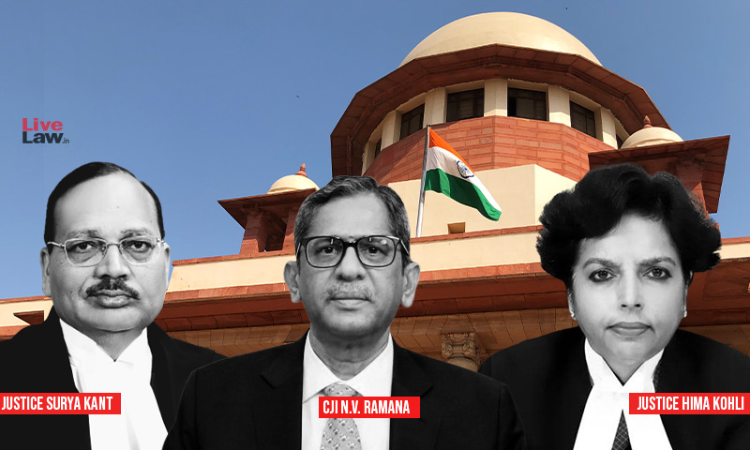Confessional Statement Recorded Under Section 67 NDPS Act Inadmissible, Reiterates Supreme Court
LIVELAW NEWS NETWORK
19 Jan 2022 10:33 AM IST

Next Story
19 Jan 2022 10:33 AM IST
The Supreme Court reiterated that a confessional statement recorded under Section 67 of the NDPS Act will remain inadmissible in the trial of an offence under the NDPS Act. The bench comprising CJI NV Ramana, Justices Surya Kant, Hima Kohli was considering an appeal filed by Narcotics Control Beauro challenging the orders passed by the High Court of Karnataka released on bail the persons...
